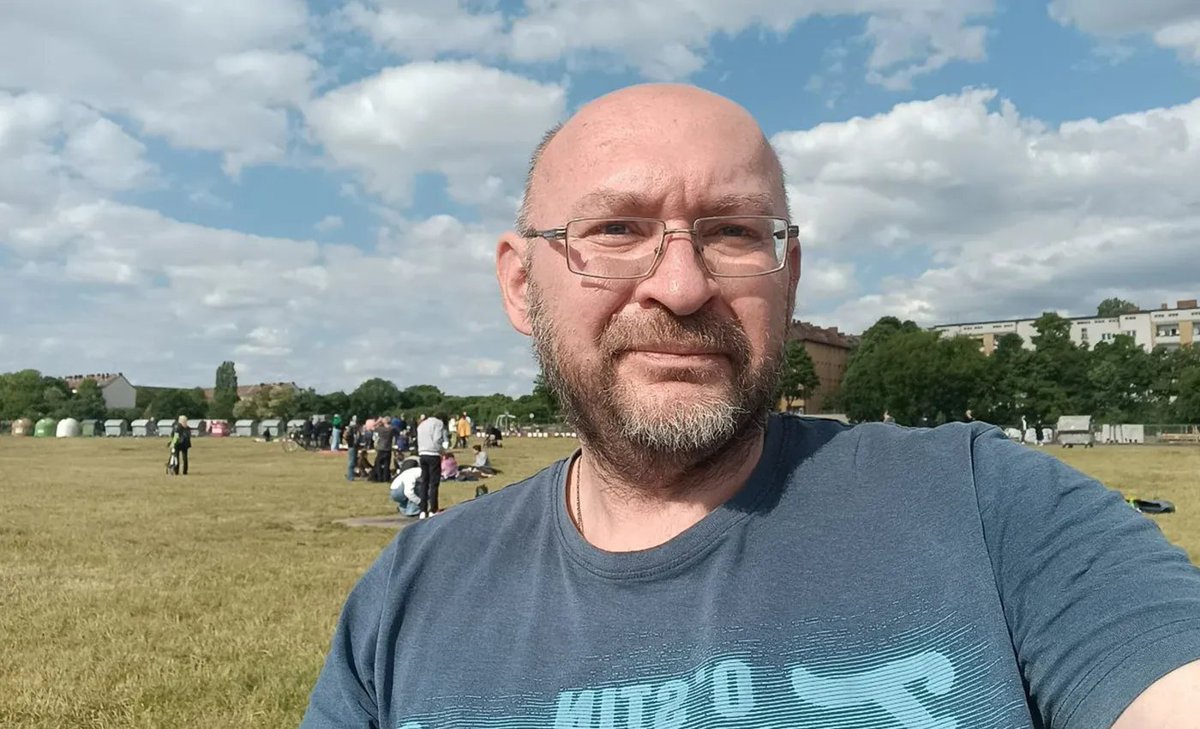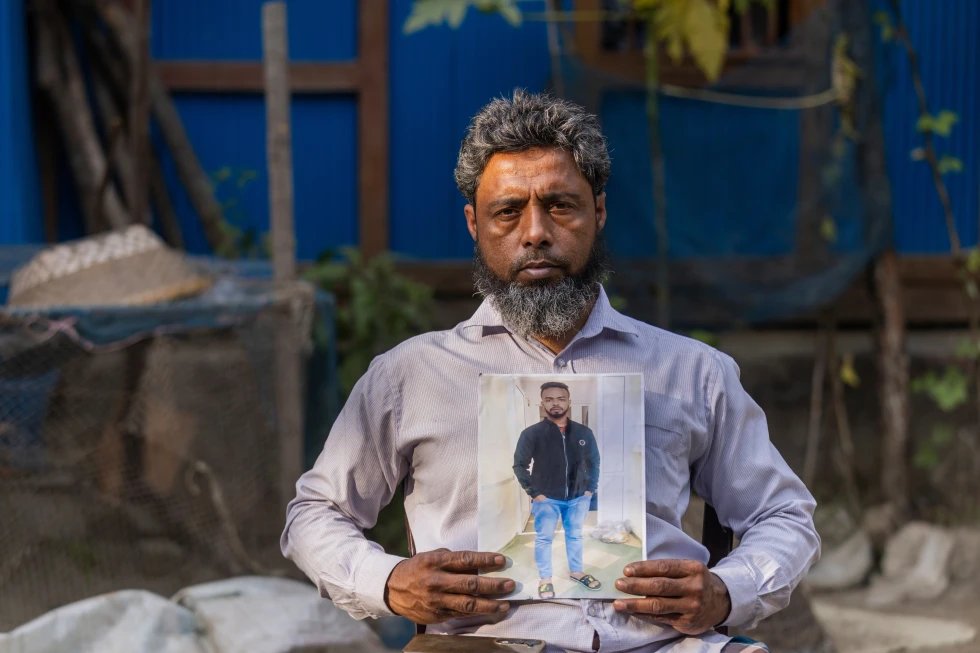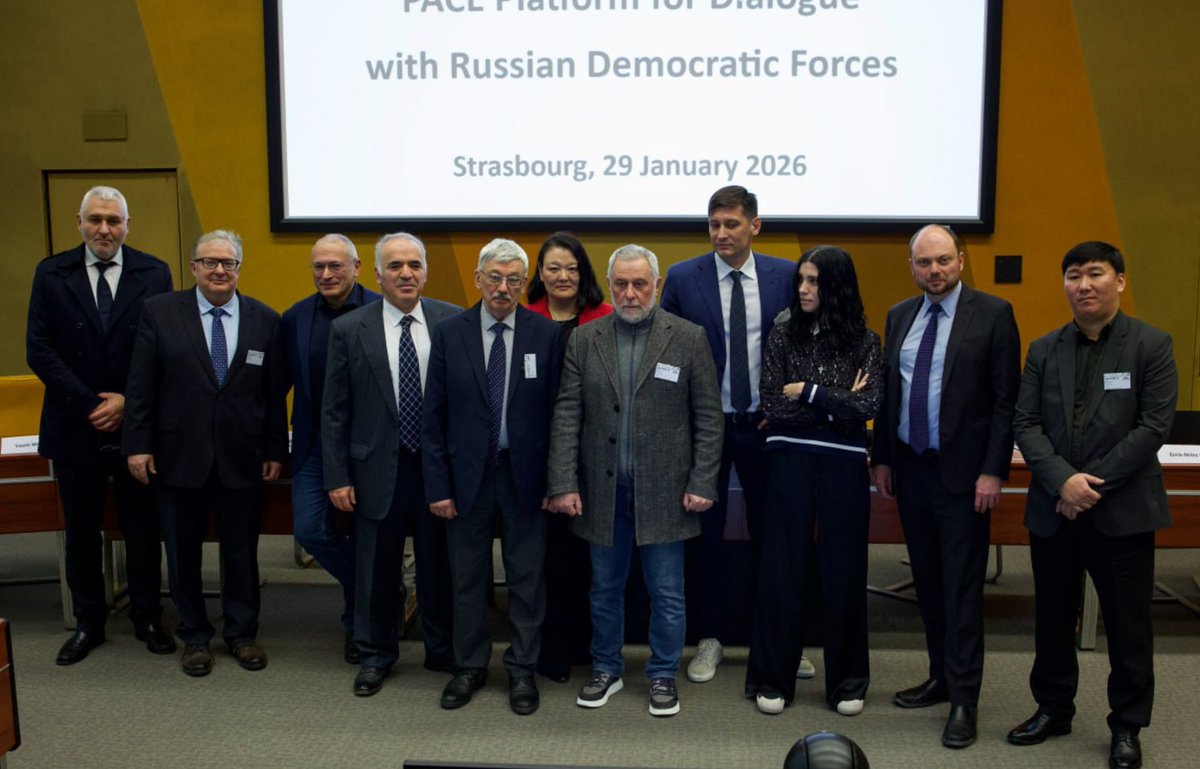Moscow spent 8 years building influence in Syria.
It took just 72 hours to lose it all.
🧵Here’re 3 crucial lessons that reveal Putin's strategic collapse (1/15)
It took just 72 hours to lose it all.
🧵Here’re 3 crucial lessons that reveal Putin's strategic collapse (1/15)

(2/15) The Kremlin’s propagandists claimed the Syria intervention was a geopolitical triumph—a bold move to counter Western influence and return Russia to the big table on the world stage after the annexation of Crimea. 

(3/15) Instead of proving Russia’s strength, Syria became a fiasco on par with America’s disaster in Afghanistan—only without any advance warning. 

(4/15) Putin’s obsessive focus on the illegal war in Ukraine drained resources from Syria. This left Assad wide open and revealed Moscow’s inability to maintain influence on multiple fronts.
(5/15) Lesson 1️⃣ To Putin, Allies Are Expendable
Diplomatically, Assad’s collapse proves Putin is a fair-weather ally. He might help at first, but his own interests always come first, as Armenia and others have learned the hard way.
Diplomatically, Assad’s collapse proves Putin is a fair-weather ally. He might help at first, but his own interests always come first, as Armenia and others have learned the hard way.

(6/15) This setback dents Russian influence across the Global South. After this public humiliation, Putin’s promises to “guarantee security” will be harder to take seriously.
(7/15) It also sends shockwaves through Central Asia. Moscow’s position, unquestioned for decades, now looks fragile—especially as China courts these countries.
(8/15) In the Middle East, Putin’s credibility is shattered. Syria once helped bring Moscow and Tehran closer and made Russia a regional player. All of that is now in doubt. 

(9/15) Lesson 2️⃣ Superpower Myth Busted
The future of the Russia’s Mediterranean bases is unclear. Russian ships may have to crowd into the Black Sea—under Erdogan’s watchful eye—or move to the Baltic, now surrounded by NATO.
The future of the Russia’s Mediterranean bases is unclear. Russian ships may have to crowd into the Black Sea—under Erdogan’s watchful eye—or move to the Baltic, now surrounded by NATO.

(10/15) At home, the Syria gamble was supposed to boost pride and faith in Russia’s military. Instead, paired with the Ukraine quagmire, it reveals that Putin’s “superpower” claim is a sham. 



(11/15) Lesson 3️⃣ Russia under Putin Lacks Resources to Be Global Power.
The failure exposes a core weakness in Putin’s strategy: brute force alone doesn’t guarantee true stability. There’s no sustainable economic or political framework behind his moves.
The failure exposes a core weakness in Putin’s strategy: brute force alone doesn’t guarantee true stability. There’s no sustainable economic or political framework behind his moves.
(12/15) For years, Putin demanded equal treatment from world powers and insisted on a “multipolar” order. But now we see he can’t effectively project power even when given the chance. 

(13/15) Recent events prove that Putin’s global ambitions collapse when he chases them at the expense of everything else. His Ukraine fixation cost him influence abroad.
(14/15) Billions of dollars and countless lives were wasted in Syria. This should wake up anyone who still views Putin as a master strategist. He’s willing to abandon allies if it suits him.
Photo 2 - Syrian diaspora members raise opposition flag at Moscow embassy, Dec. 9

Photo 2 - Syrian diaspora members raise opposition flag at Moscow embassy, Dec. 9


(15/15) For more on how Assad’s fall affects Putin, see @baunov’s analysis for @meduza_en:
meduza.io/amp/feature/20…
meduza.io/amp/feature/20…
From Assad to Ukraine, Putin’s policies reveal a fragile empire pretending to be something it isn't.
Follow for insights into what’s next
Follow for insights into what’s next
• • •
Missing some Tweet in this thread? You can try to
force a refresh







